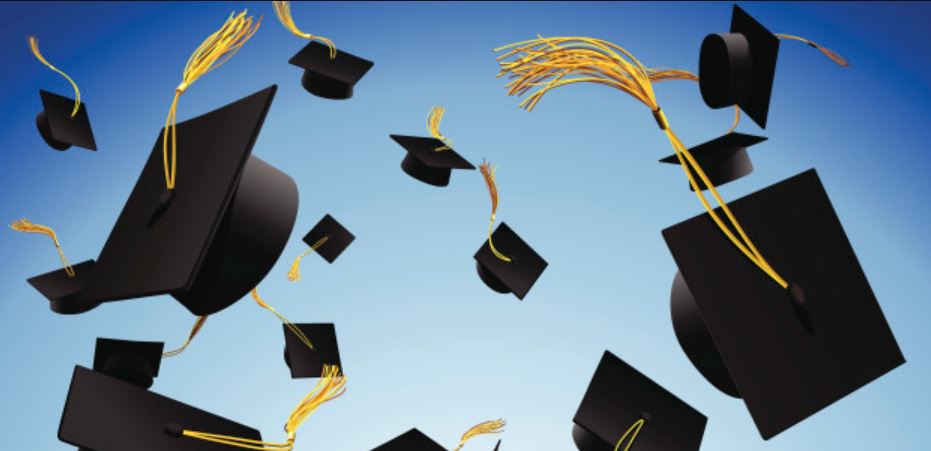×
The Standard e-Paper
Fearless, Trusted News

During our many years of intimate interaction with university students, we have enjoyed with fatherly satisfaction seeing callow and clueless freshmen transition into mature and notable professionals. The crème de la crème from all disciplines have often been recycled to read for their masters and PhDs, soon becoming excellent scholars after the images of their proud supervisors.